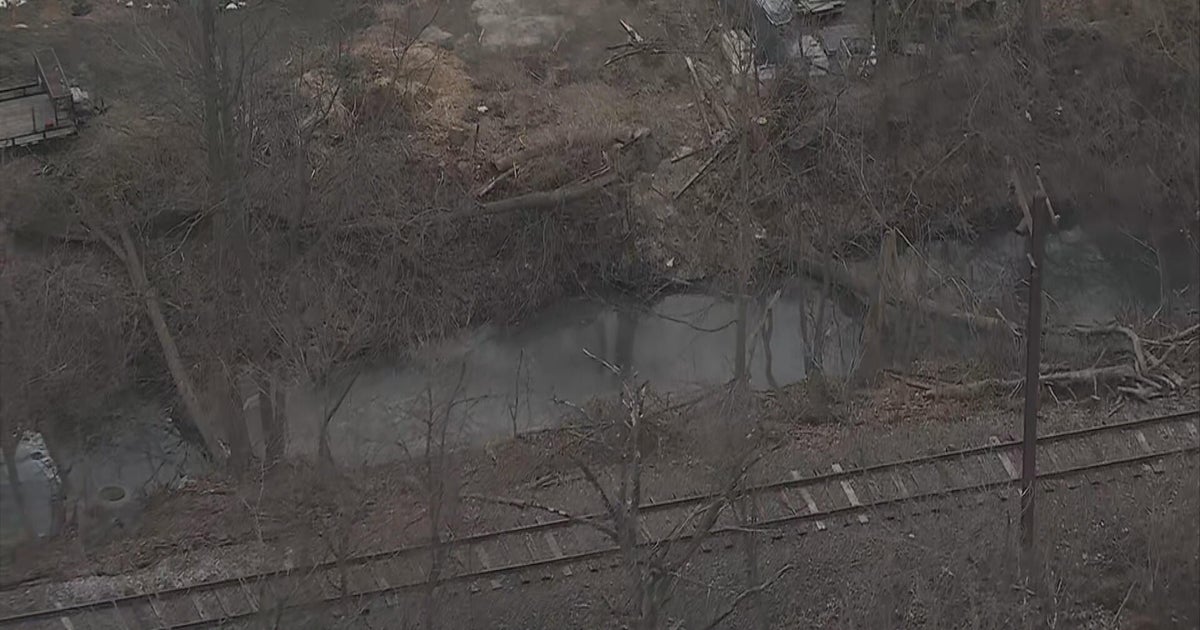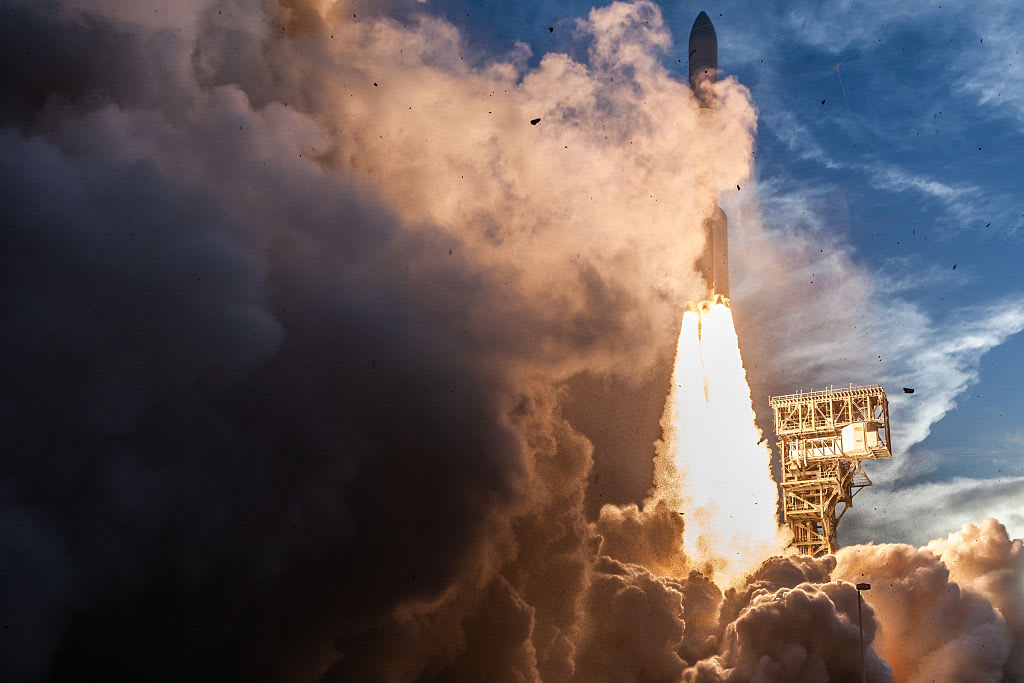Scientists have "discovered the impossible" – and it could change everything we know about the dawn of the universe
Scientists finally got a glimpse of what the universe looked like more than 13 billion years ago. And what they found could change everything we know about the dawn of the universe.
When the first images from the James Webb Space Telescope were released last July, astronomers got their earliest look at cosmic history yet, seeing captured images of what the universe looks like billions of light years away. They expected to maybe see some "tiny, young, baby galaxies." What they found, however, was something far greater – six massive galaxies dating back about 13.1 billion years that appeared to be just as old as the Milky Way is now.
"These objects are way more massive than anyone expected," astronomer Joel Leja said. "...We've discovered galaxies as mature as our own in what was previously understood to be the dawn of the universe."
Those findings were published on Wednesday in the journal Nature.
Ivo Labbé, the lead author of the study, said they started realizing they were onto something barely a week after the telescope images were released.
"Little did I know that among the pictures is a small red dot that will shake up our understanding of how the first galaxies formed after the Big Bang," Labbé said. "...I run the analysis software on the little pinprick and it spits out two numbers: distance 13.1 billion light years, mass 100 billion stars, and I nearly spit out my coffee. We just discovered the impossible. Impossibly early, impossibly massive galaxies."
That red dot was just the beginning. The next day, they found five more apparent galaxies. And the pictures taken by JWST show them as they were when our 13.8 billion-year-old universe was a mere 700 million years old. And if that's the case, they said, that would mean that the galaxies formed "as many stars as our present-day Milky Way. In record time."
They were able to identify the objects thanks to the telescope's infrared-sensing technology that's able to find the light of ancient space bodies.
"What's funny is we have all these things we hope to learn from James Webb and this was nowhere near the top of the list," Leja said. "We've found something we never thought to ask the universe — and it happened way faster than I thought, but here we are."
Leja said that while the objects so far do appear to be galaxies, there is a "real possibility" that some of the entities they found could be supermassive black holes — areas in space where a large amount of matter is packed into an area millions times as massive as the sun and where NASA says gravity is "so strong that nothing, not even light, can escape."
But even if it turns out that some of the six objects they found are black holes, it still shows "an astounding change."
"Regardless, the amount of mass we discovered means that the known mass in stars at this period of our universe is up to 100 times greater than we had previously thought," Leja said. "...The revelation that massive galaxy formation began extremely early in the history of the universe upends what many of us had thought was settled science. We've been informally calling these objects 'universe breakers' — and they have been living up to their name so far."
The objects, they said, are so big that scientists may have to alter cosmology models or force a total consensus revision of the belief that galaxies start out as little dust clouds and take a long time to become giant entities.
Now, researchers are trying to pinpoint exactly what these objects are. Leja hopes they can take a spectrum image, which he said will reveal just how big and far away the objects really are.
"We looked into the very early universe for the first time and had no idea what we were going to find," Leja added. "It turns out we found something so unexpected it actually creates problems for science. It calls the whole picture of early galaxy formation into question."



